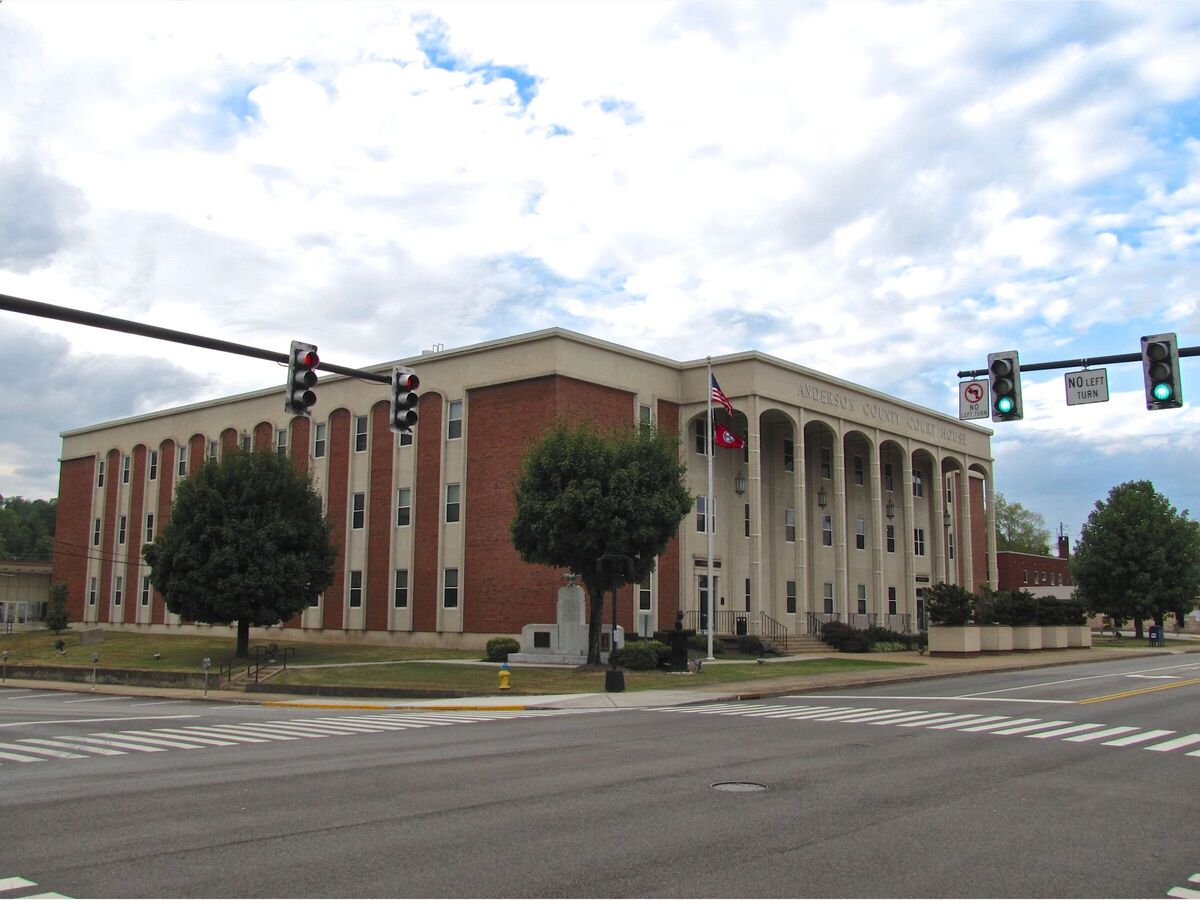Image


By Crystal Huskey
(Editor’s note: The Norris Bulletin reached out to the Executive Committee of the Anderson County Republican Party for comment, but did not receive a response. If we do receive a response, we will follow up with more information next week.)
The Executive Committee of the Anderson County Republican Party voted to break with the long held tradition of nonpartisan county commission races. Party officials included the office of county commission in the letter the party is required to submit to the Anderson County administrator of elections outlining their request to hold a primary.
In short: for the first time in Anderson County, next year’s election will include county commission candidates separated by Rs and Ds.
The Executive Committee of the Anderson County Republican Party representatives who voted for the change are made up of nine people, some of whom are elected officials and some that are civilians. Seven of the nine members of the Executive Committee are elected annually at the reorganization meeting, but not by official ballot. Board member Amy Jones, however, is the elected State Executive Committeewoman for the 5th state senatorial district, while Scott Smith is the elected State Executive Committeeman. County Mayor Terry Frank is on the board, although she abstained from this vote, and Commissioner Tim Isbel is as well. They are both elected officials in other capacities but were not elected by official ballot for this board.
For as long as anyone can remember, Anderson County commission has been nonpartisan. So has the position of constable and school board. All other elected positions have been partisan. Now, there will be a Republican and Democratic primary in May for those running for commission. In August, the top two candidates with the highest votes from each primary — along with any Independents — will vie for the two commission seats in a given district.
Partisan races for county commission are not unheard of, or even unusual. It’s just new to Anderson County. On the other hand, Campbell and Roane County both have nonpartisan county elections, with no party primaries until the state and national primary elections.
It’s not the only change the Republican Party made recently. On the state level, the Executive Committee of the Tennessee Republican Party voted in August to begin levying fees on candidates running in their party’s primaries for federal, state and local offices, according to an article in the Johnson City Press. That is new. Fees will be levied on a sliding scale. At the lower end of the scale, candidates for county commission and constable must pay $25 to run as a Republican. At the top level, those running for governor will have to pay $5,000 to the Republican Party just to run as a Republican. Simultaneously, dozens of counties across the state have moved commission races from nonpartisan to partisan.
“I do not agree with the change,” said Anderson County District 3 Commissioner and Chairman Josh Anderson in an email to the Norris Bulletin, “but am also not directly active with either major political party. Since I was originally elected as an independent, I planned to run for re-election as an independent. I believed running as an independent would also help keep me in compliance with The Hatch Act due to my employment with USPS.”
Bad news for Anderson, though. After further investigation and legal counsel, he discovered that the Hatch Act, established in 1939, prevents him from running in any partisan race regardless of being an undeclared candidate. The Act was created to restrict federal employee involvement in partisan political activity, which involves any activity directed toward the success or failure of a partisan candidate, political party, or partisan political group, according to the U.S. Department of the Interior.
When the commission race was nonpartisan, it wasn’t a problem. Now, though, it is, and he’s not alone.
The Hatch Act doesn’t just apply to the mailman. It applies to the many scientists and engineers who are employed by ORNL, Y-12, and TVA. It affects county commissioner Chuck Fritts, as well as any other federal employee who wanted to run.
“The Anderson County Republican Party’s decision to break the longstanding agreement for commission has made the race partisan, and disqualified me from seeking a second term,” Anderson said. “I only wanted one more term anyway. There are a lot of great things happening in the county, and I wanted to see some projects and goals through until 2026, before stepping aside and making room for others to step up and run in the district.”
Anderson would like to see every county office from the mayor on down be nonpartisan.
“It would save Anderson County taxpayers $60,000 per election cycle if we simply stopped having partisan county primaries in May,” Anderson said. “If everyone on the local ballot is undeclared, it forces candidates to become educated on local issues rather than memorizing platitudes, and forces voters to educate themselves on candidates rather than vote for a particular letter at the end of a name. Anderson County will be worse off if this decision stands.”
He hopes that the executive committee rescinds their decision, which they can technically do through Nov. 19. In a society where everything from masks and vaccines to safe drinking water and educational curriculum are increasingly partisan, it doesn’t seem likely, though.
“I don’t believe that the Anderson County Republican Party could foresee this circumstance when they made their decision,” Anderson said. “I truly don’t believe there was malice, but the fact remains that unless this decision is rescinded, the citizens of Anderson County will have fewer choices available to them for their representation.”